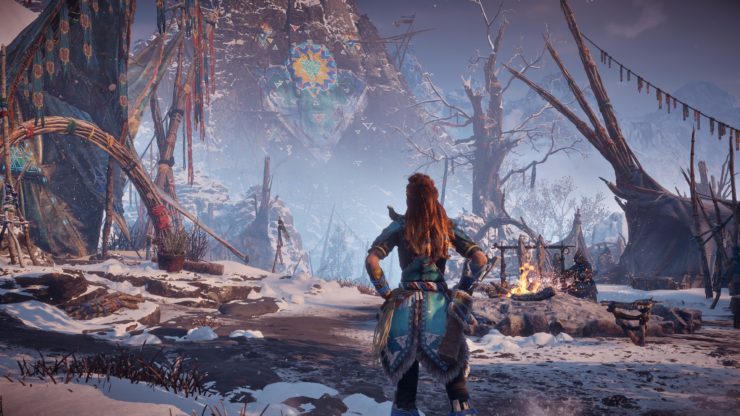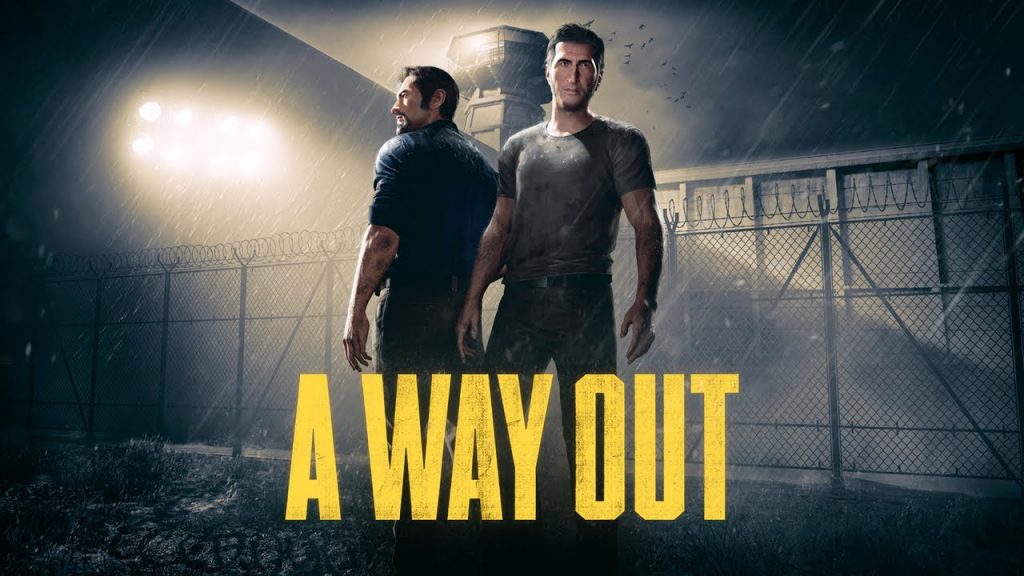
Electronic Arts does appear to be making some major attempts at turning it’s reputation around. This is something we should all be happy about, but with only a few major games left to release this year and a dreadful E3 2018 conference they’re still trying to live down, It looks like maybe EA could use a little help. Now, everybody pretty much agrees on what EA needs to do here; release good games and make gamers think they care about them, at least enough to not milk every nickle and dime from them at every turn. EA needs some offline, micro-transaction-free modern classic games for us to associate them with more than they ever have.
It may sound easier than it is with scores of shareholders and investments that EA needs to keep happy make whole, though. With so many philosophies and agendas to balance out for those at the levers of power at Electronic Arts, perhaps it would be helpful for them to have an example for them to model themselves after in a few ways. I can’t genuinely think of a better company than Sony for EA to closely examine and learn a thing or two from at this moment. When it comes to turning a reputation around with a slew of excellent single player gamer-focused video games, there’s no better guiding light than the Sony that we see before us today.
Sony was in full-on crisis mode in 2007. The Playstation 3 wasn’t selling well and developers were leaving in droves to work with their competition. There weren’t very many quality first-party titles on the platform and their supposedly more powerful console was getting inferior versions of third party games, while the under-powered Wii and Xbox 360 were both trouncing Sony in sales despite their many flaws. It was time for a dramatic shift in priorities. Instead of coasting on the name Sony had made for themselves with the Playstation 2, and trying to shove an overpriced behemoth of a console down everyone’s throat, Sony quickly started an aggressive campaign to reintroduce themselves to the development community and the world, acquiring studios they could, and forming strong relationships with ones they couldn’t.
They dumped unprecedented amounts of resources into first and third party exclusive games, while also slashing the price of the console that launched at a disturbing 600 dollars. On top of that they switched up their marketing with a very gamer-friendly attitude that they still use to this day, albeit to a slightly lesser degree. All of these changes were big, deliberate, and publicly visible to all, and the PS3 would eventually catch up to the competition. All of that goodwill also fed into what was made the PS4 such a profound success. Granted, Electronic Arts and Sony are very different companies who have very different aspects to them, but the goal of 2007 Sony is the exact same goal of 2018 EA; make great games and change peoples’ minds.
Above all else, EA needs to first learn to actually care about gamers. Say what you want, but EA would not have made some of the moves they’ve made over the last few years if those who made the final decisions on them cared about gamers. It’s true that profits are everything with any corporation, so I’m not discounting that, what I’m saying is, sometimes you don’t actually get those profits by just pursuing them so brazenly. Sometimes you need to invest in your audience and in making a good product first.
This is what Sony decided to do to turn themselves around, and it showed so well and came across much clearer than it would have if they were simply trying to appear to care. Just care, EA. And if the people who make the decisions don’t care, you need to get people in place who do. If there is real passion for great single player games in there somewhere, then those great games will get made, fan-bases will be established, and yes, profits will roll in. And the whole thing won’t feel forced.
As an extension of having people in power who actually love what they do and genuinely want to bring something to table in video games, the next thing EA can learn from Sony is to trust their developers. How many huge EA games can we name with unnecessary online modes and functionalities that distract from the main experience and don’t seem to be in line with the original vision for the game whatsoever? Do we really need to go down that road? We know that list is a long one, and that stuff needs to stop, or at least get minimized. Most of Sony’s first-party developers have required Sony to trust them with different creative directions and ideas, and it’s usually turned out well.
Naughty Dog didn’t make Crash games for 20 years. Guerrilla, Sucker Punch, Sony Bend and others have all been not only allowed to change up what they were doing and pursue new horizons, but Sony has supported them financially and with flexible timelines. This is a specific concept that EA needs to pursue, as they already have proof with EA originals that letting developers do what they do best with as little interference as possible is generally a good path forward. Not every game will be a hit, but if developers can chase what they’re passionate about, the odds of something fresh and exciting being made increase dramatically, and with that increase will come the profits and positive energy that EA is after.
Once EA gets these basic fundamentals down, they can learn the final major lesson from Sony; consistency. Gains don’t matter if they are squandered a year later. Great games don’t matter if six bad ones come after it. The paradigm change that EA needs must be as total as it is persistent. One of the things that help companies turn around is indeed time, and while that time passes, EA needs to be giving gamers reason after reason to buy their games while avoiding giving them evidence of the contrary.
These reasons will come naturally, too, if a true change in attitude and trust for their developers can be achieved. There are many little things that Sony did to bring themselves out of the woods and into the place of prominence that they find themselves at now, and EA can find their own way to make those little things happen, but these are the major lessons that EA needs to learn from Sony. If they are learned and put into practice, with the right amount of consistency, the rest will surely fall into place over time. It’s true that EA has a bit of a hill to climb, but despite their most recent blunders, If EA can adopt some or all of these ideas in their own way, and look a little more like Sony, I suspect their best days are still ahead of them.
Note: The views expressed in this article are those of the author and do not necessarily represent the views of, and should not be attributed to, GamingBolt as an organization.


















